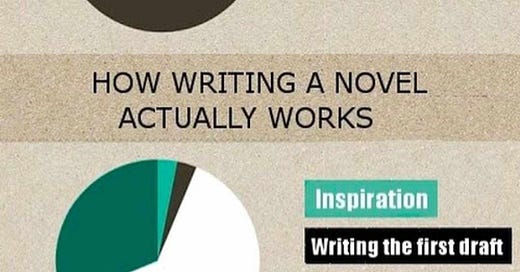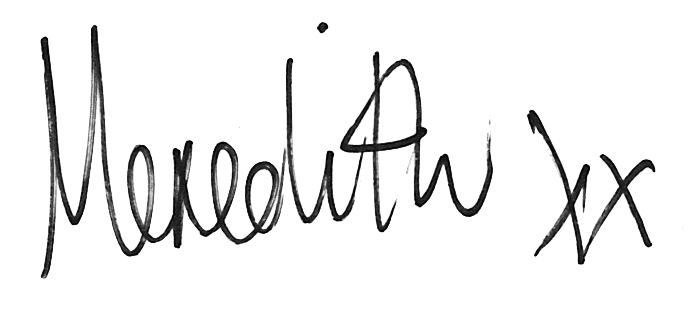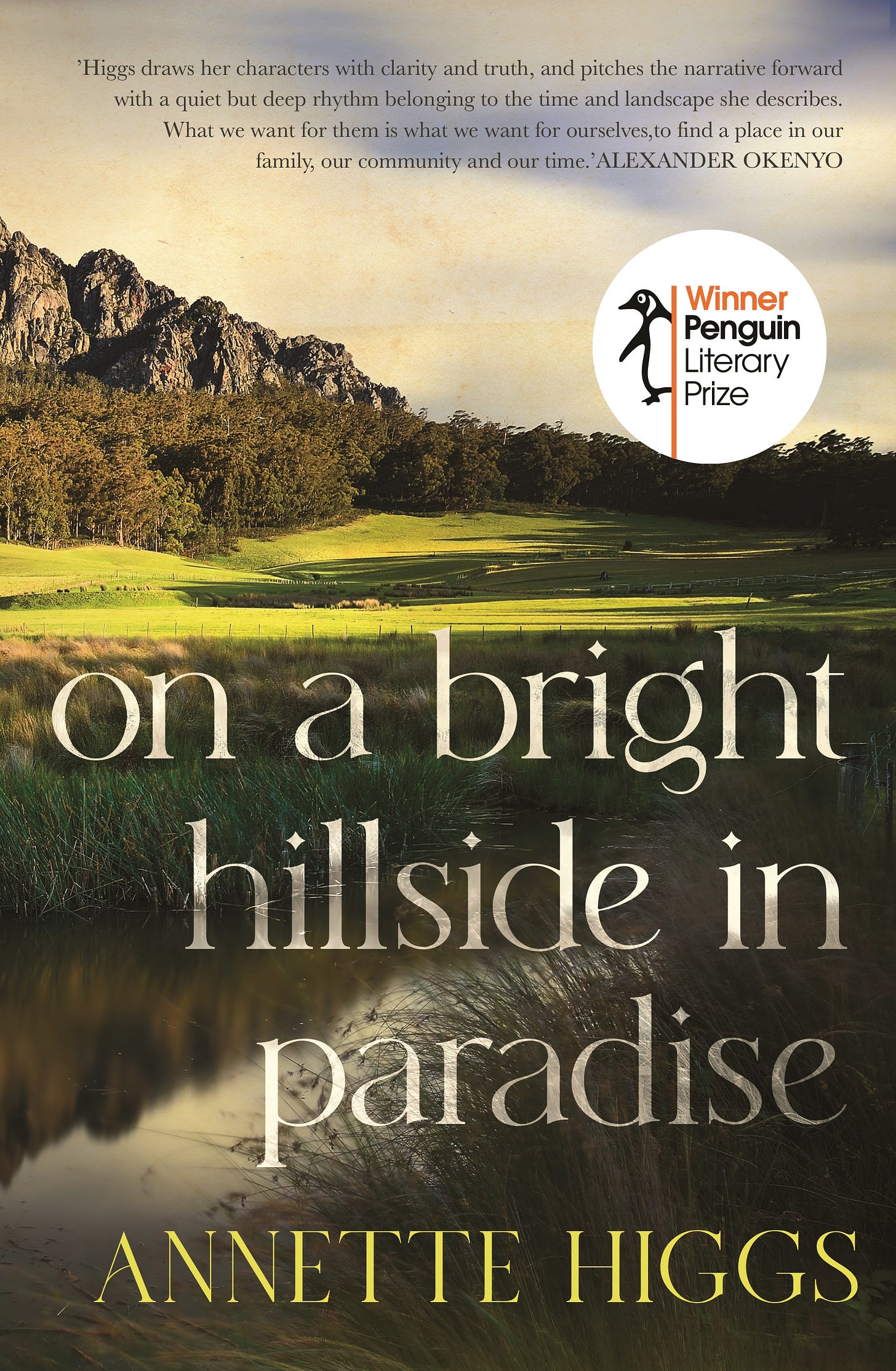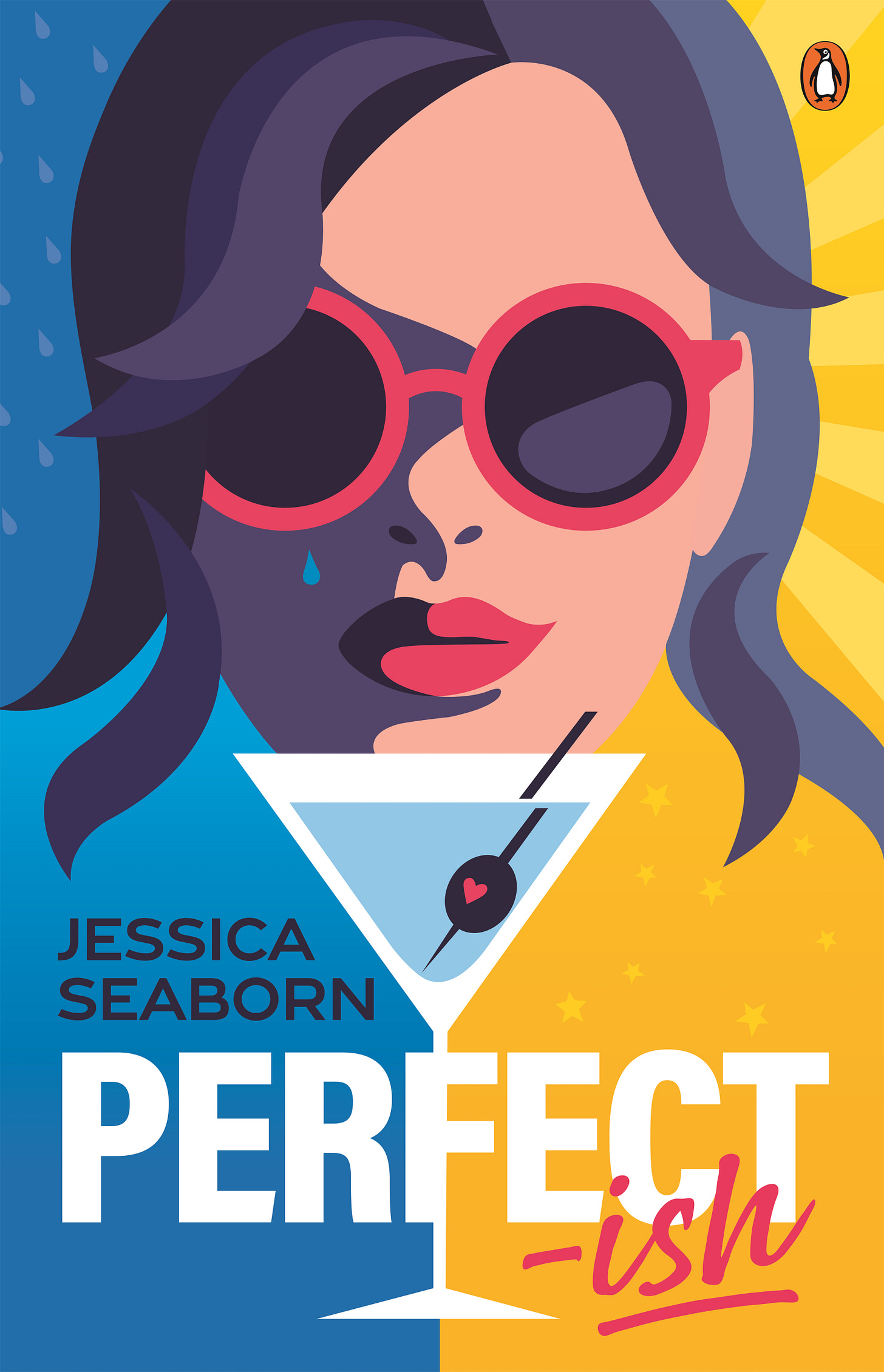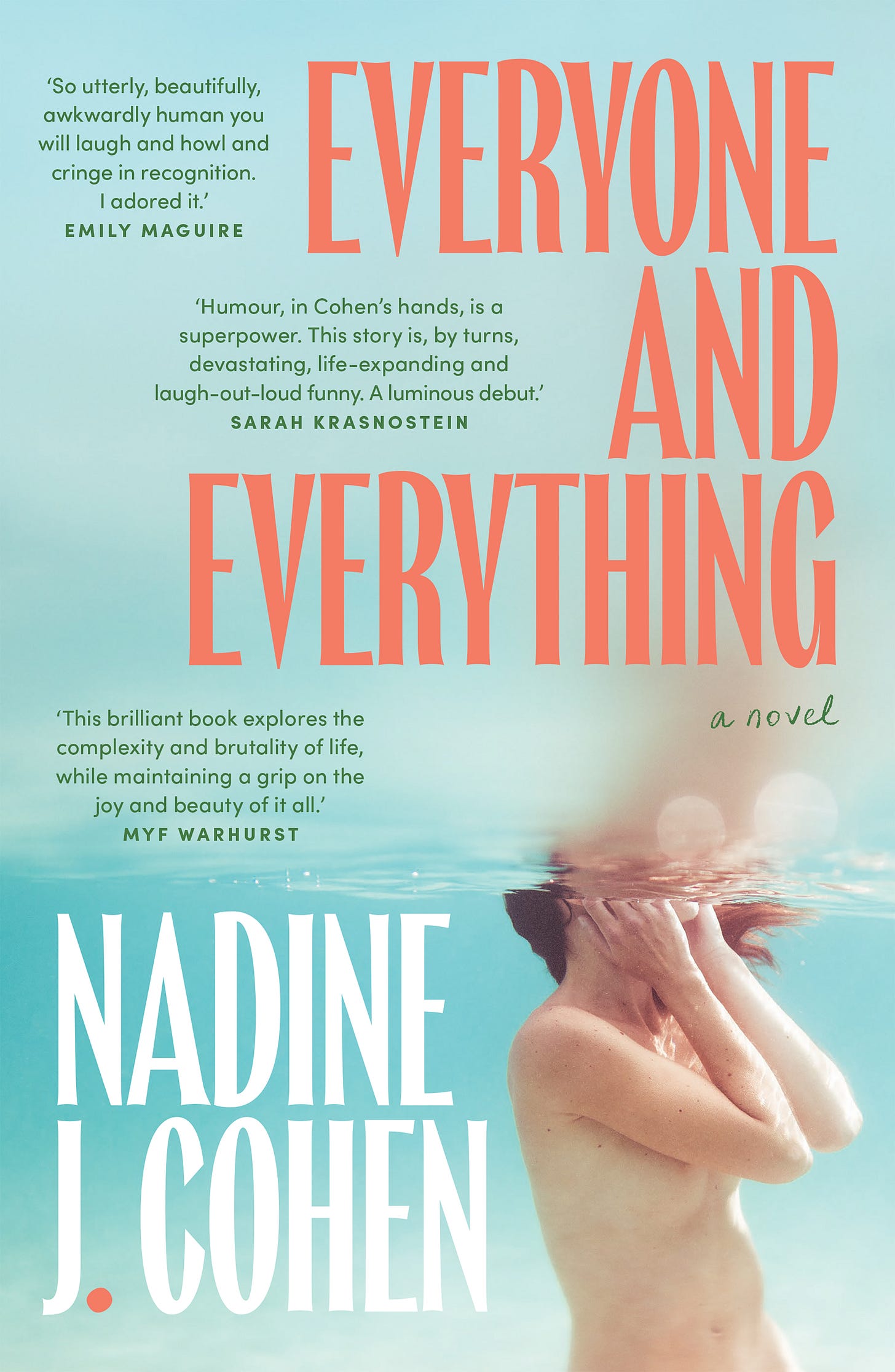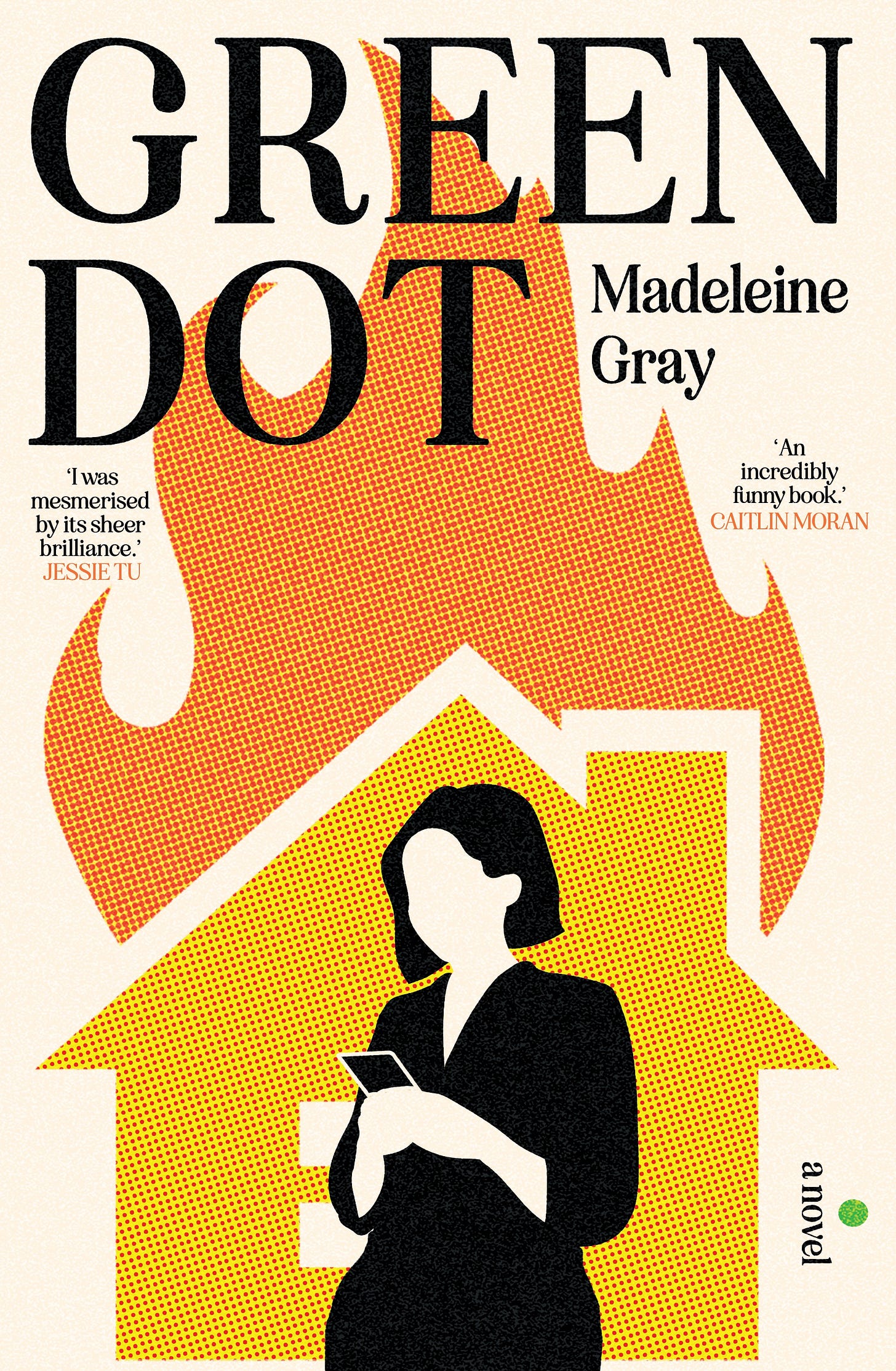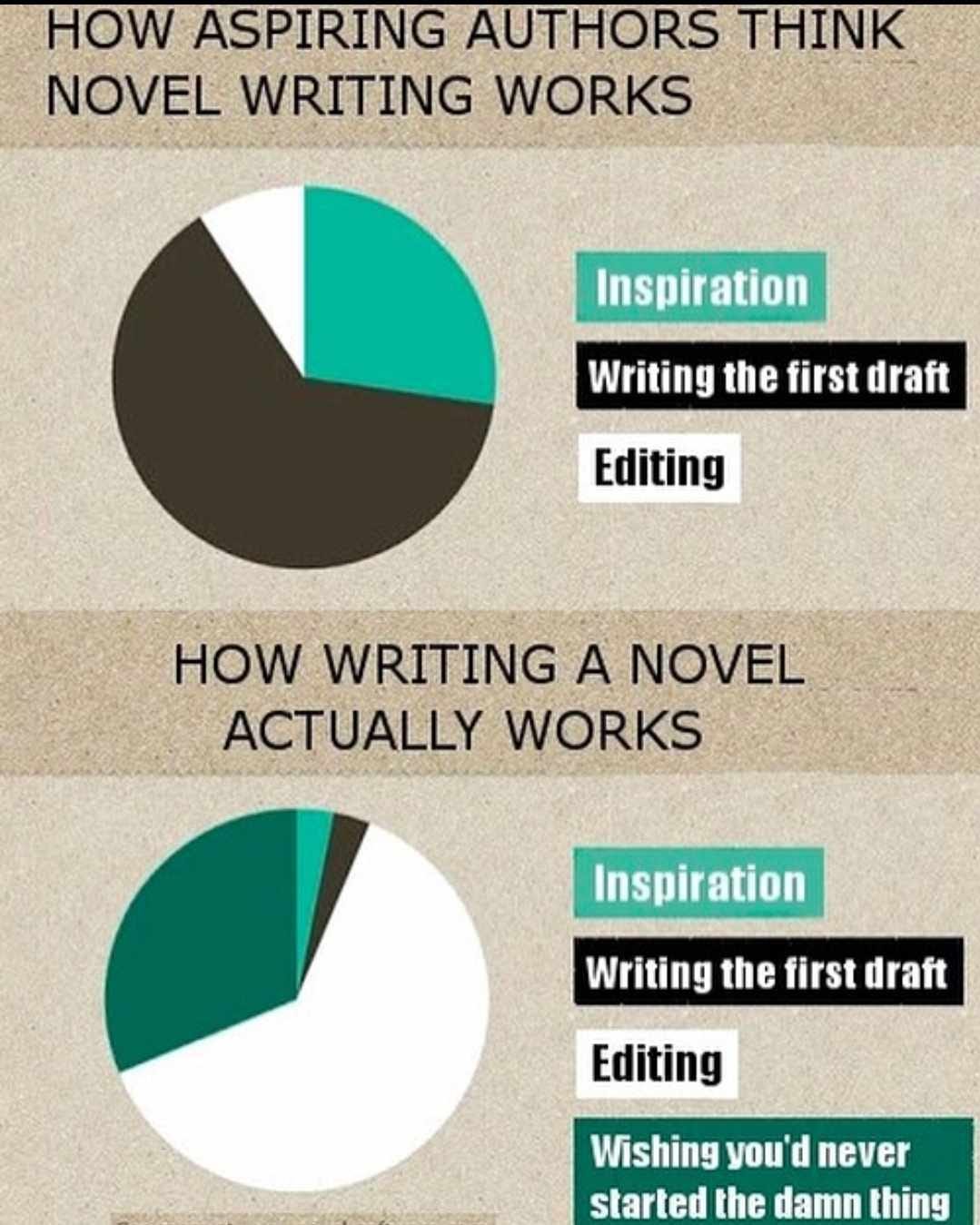October =writing tips + prize winners + freebies
Best writing tips from authors aimed to inspire. The 2023 VPLA winner. NaNoWriMo.
Well hello!
This is the second last issue for 2023. What a ride it’s been. We’ve met so many new authors and been introduced to an array of fascinating books. As we hurtle towards Christmas, booksellers are stocking up on memoirs and biographies, beach reads and books from some of the big-name authors. On the flip side, it makes it a quiet time for debut novels. But, we have one very special title to share with you, So Close to Home by Mick Cummins, winner of the 2023 Victorian Premier’s Literary Award for an Unpublished Manuscript. Cummins is a social worker, playwright and an award-winning documentary maker. Talk about a man for all seasons. And yes, we have one copy to give away. What would this newsletter be without freebies?
We look back after a year of our Meet the Author segment and pick out some of our favourite quotes and tips for emerging writers. Timely, given November celebrates National Novel Writing Month. So many established and budding writers use this as a prompt to get some serious word count done and we share some tips to get from a blank page to the NaNoWriMo target of 50,000.
In our November issue, the final issue for 2023, we will be showcasing some of the 2024 titles publishers (and us too!) are excited about. Then we’re on a break and will return to your inbox on January 28 with lots of great books to kick off your 2024 reading.
Books to Love
So Close to Home by Mick Cummins
Published 31 October 2023 (ANZ)
After his mum kicked him out of home, eighteen-year-old Aaron has been living on the streets. His friends are drug dealers or addicts and his days are spent finding ways to fund his heroin habit. Desperation leads him a distinguished rich gentleman who is happy to pay this handsome boy for his company. The Man, as Aaron calls him, brings back bad memories from his childhood. But, whether Aaron likes it or not, the relationship is also the catalyst that finally forces him to face his demons.
So Close to Home is a wrenching tale. Drawing on decades of experience as a social worker, Cummins grounds his story with an authentic take on life for a homeless boy in Melbourne’s south. The writing is spare yet, at the same time, vivid with Cummins inhabiting Aaron’s voice like a second skin. Yes, life is bleak but there is also a dream-like quality to how Aaron sees the world. Some moments are rich in tenderness, such as when Aaron visits his mother’s hair salon and his yearning for a girl he will never have. There is also his love of music and dreams of making a living from it. The counterpoint to these are the times he visits his friends living in boarding houses where violence simmers just beneath the surface.
This novel pulls no punches, which makes it both a compelling and an uncomfortable read. However, its hard not to be drawn into Aaron’s world. His vulnerability, naivety and desperate need to reconnect with the life he once had makes him an eminantly relateable character. It is easy to see what drew the judges to selecting So Close to Home as the winner of the 2023 VPLA for an Unpublished Maunscript.
To WIN a copy of So Close to Home, scroll down to Freebies
A little bit about the author …
Mick Cummins was born in Tasmania where he wrote his first full-length play, Window Without a View. It was elected for a reading at the Australian National Playwrights Conference and produced at Hobart's Theatre Royal Backspace. In 1994 he moved to Melbourne with his partner and two children, where his second play, Perfect Madness, was developed with the Melbourne Writer's Theatre and produced at the Carlton Courthouse.
In 2001 Cummins won the NSW Premier's History Award for the documentary Thomson of Arnhem Land before co-writing the ABC docu-dramas, Monash: The Forgotten Anzac and Menzies and Churchill at War. He wrote and directed the ABC documentaries The Woodcutter's Son and Portrait of a Distant Land and has written two unproduced feature film scripts developed with Screen Tasmania, Film Victoria and Screen Australia. His latest screenplay, The Hut, is in pre-production. So Close to Home is his first novel.
Preorder/ buy a copy of the book here
Meet the Author
We’ve met so many authors this year. It’s been such a pleasure to find out about their writing process, inspiration and how it feels to launch a new book into the world. There’s been so many great pieces of advice. Here are just a few.
Q: Plotter or Pantser?
A: Definitely a plotter. That’s where the creativity begins. Sketching out the big ideas, having fun with the ‘what ifs?’, characters bursting forth, and early twists. I plan three Acts first, then break down the Acts into chapter outlines which can be anywhere between 100 and 500 words. I wouldn’t be able to write without this structure. In fact, it’s the pantsing style that made many of my previous manuscripts fail. I found the blank page daunting and dispiriting.
That’s not to say I stick to the plan. I change things over many drafts. New ideas emerge, I recognise strengths and weaknesses in the structure, I understand the characters more as time goes on. The ending changes, too!
Above all, plotting entices me to my keyboard. It’s an encouraging, hand-holding map.
Q: What do you wish you knew about the writing process before you started?
A: That while a piece of writing may come to an end, in the sense that there is an inevitable moment where it’s “down tools” — no more edits can be made, no last-minute additions or subtractions — the story inside of us never ends, at least for me.
I’ve had to make peace with the fact that what made it to print is enough, because the lives of these characters go on inside me and the urge to continue to create and extend them on the page is strong — but that would make for a very big and unwieldy, and likely unenjoyable, book.
So, allow your book to end with the first sight of proverbial land. It’s ok if some of the story lives solely within the mind of the author (and hey, that’s what sequels are made of, right?).
Q: What have you learned about our writing process now that you have a real live book in your hands?
A: I’ve learnt that publishing — as distinct from writing — is a hugely collaborative process, with many people with lots of different skills involved in bringing the story to readers.
Q: Releasing a book into the world means lots of publicity and marketing and that means lots of social media! What wise words can you share for those about to embark on the same journey?
A: Publicity can also be anxiety-inducing, because it can involve a certain level of vulnerability that a writer may not have yet experienced. If any writers are wondering how they might be able to secure some publicity, or perhaps help their publicist secure coverage, it helps to compile angles that relate to your book (particularly for fiction). To help you think of angles, here are some questions to ponder:
What made you want to write this story?
Were there any challenges to writing it?
Any areas of research you had to undertake to complete the book?
This is a key one - are there any aspects of your personal life in this story?
If there is a personal story there, can you break it down into a few different angles? More angles = more opportunity for press
Are there any cities in Australia that you have a connection to, outside of Sydney or Melbourne? Smaller cities like Brisbane, Adelaide, Perth, Hobart are often interested in a local story or a local connection, so if you were born there or grew up there or wrote your book there, it can help get a story in the local paper or local radio station
To help come up with publicity angles, think less about the book and more about you and how your life aligns with this book. Writing a book is not a PR angle (unless you’re famous, in which case, it is) because lots of people have written books, so you need to think about what is unique about you writing this book. When I worked in publishing, I used to phrase it as 'pulling the non-fiction out of the fiction'. What is the non-fiction you can pull from your book?
Q: You’ve done a masters in creative writing at the University of Technology, Sydney. What would you say was the best thing about that experience?
A: I think the best thing about the masters was simply the act of studying writing, which I had never done before. I fell into writing as a profession, and I’d always wanted to go back to uni to study it but had never had the chance.
I loved discovering new sub-genres and writers and having the space to try and fail and learn and grow. I’m certain it made me a much better writer and Everyone and Everything wouldn’t exist without it. I would encourage any writer - novice or professional - with the means and time, to enrol in a masters immediately.
Q: The use of the first-person narrative really made me feel I was in Hera’s shoes — for better and worse! Did that feel like the natural way to tell the story or did that decision produce its own challenges?
A: Haha, yes, it is very much like – you can’t escape this person’s head! More fool you! But yeah, I think this story had to be told in first-person, because the premise of the narrative is as old as time. It’s someone embarking on a doomed romantic journey. So there needed to be a way to make it fresh, to make readers care and invest in it. And the best way I could think to do that was to make Hera the most engaging, dry, funny, mischievous character. She speaks directly to the reader, inviting them in to all her internal machinations, all her ambivalent emotions, all her cynical observations. The aim was that the reader would come to care for Hera so much that despite maybe not even wanting to “side” with her, they do.
In terms of whether it brought more challenges… I truly found it really helpful in terms of plot and tension to only write from Hera’s perspective, because that means we never know whether how she is interpreting things is how they are “actually” happening. We have to take her hand and accept that her version of events is the real one, or the real one for her. And this means the reader can be in the position of feeling like they know more about what’s going on than the protagonist does, which I think invests readers with a kind of friendly or even parental protectiveness over her… Or maybe they just find her insufferable. Hopefully that’s not the case, but at least one lady on Goodreads definitely thinks so.
Freebies!
It is such a great pleasure to be able to offer one lucky reader the chance to win a copy of Mick Cummins’ So Close to Home. Many thanks to the folks at Affirm Press who are such champions of new Australian voices and, by extension, this newsletter. To win, all you have to do is send a reply email with the answer to this question.
Where does Aaron visit his mother?
The fine print: Giveaways are currently only open to subscribers and you must reside within Australia to be eligible to win (postage!) The winners will be picked at random and will be emailed on 21 September 2023. Good luck!
Newbie News
November means it’s National Novel Writing Month (or NaNoWriMo for short.) It’s kind of a self-directed boot camp to make you accountable for getting words on the page. The aim is to write 50,000 in a month, which is both tougher and easier than it sounds! But more important than the number of words, is the discipline of sitting down and writing, every day, if possible.
Here are two tips to get you started.
These days in the lead up to 1 November are precious time to think about your story. It’s invaluable to jot down major plot points but even more useful to start thinking about your characters. Who are they? What was their childhood like? What’s their best trait? Their worst trait? Who do they love and loath? What ghosts are in their past?
Focusing on the word count can be a great way of not overthinking the quality of those words. That may sound counter-intuitive but it’s a well-known fact that first drafts are supposed to be terrible! So, give yourself the freedom to let your sub-conscious do what it does best and let the stuff in your brain float to the surface. Editing is where the hard work is. (Note the graphic. It’s true.)
The End
And here we are at the end of another issue of New Voices Down Under. Please leave a comment, follow us on socials and come back again next month where there will be more bookish news, reviews, interviews and freebies. See you soon!
Don’t forget, you can always catch up with us on Instagram @newvoicesdownunder
And, if you’d like to subscribe to Meredith’s author newsletter, you can subscribe to A Cuppa With Meredith here


